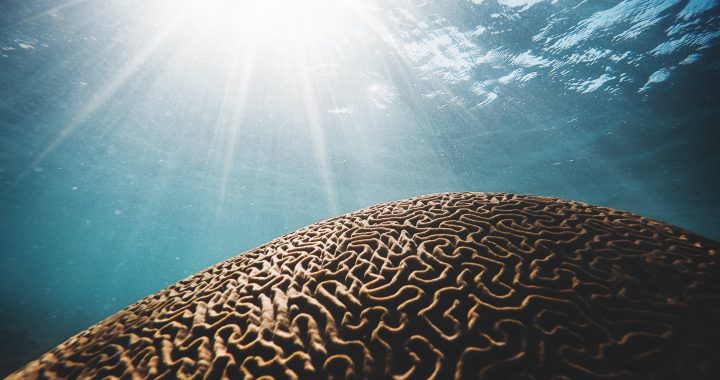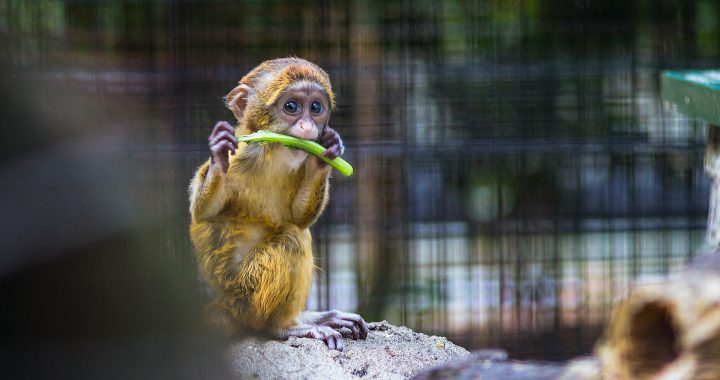
Brain basics: A journey through the brain
Our brains are complex organs that display a variety of functions. How are they structured? In this blog, we will commence on a journey through the areas, structures, and organization of our brains.

Our brains are complex organs that display a variety of functions. How are they structured? In this blog, we will commence on a journey through the areas, structures, and organization of our brains.

Fidgeting might be beneficial for your concentration and maintaining weight.

It is possible that an inflammatory reaction in the brain and a change in energy management cause many complaints in long COVID.

An atlas is a collection of maps, often containing different kinds of information about countries,

You cannot talk with your mouth full, so how do people combine talking and drinking?

Aging causes the volumes of our brains to decrease, which mostly affects our memory and thinking capacities. But you might be able to slow down this aging by living healthfully.

Your hands and mouth are intrinsically connected to each other. This relationship presumably developed through eating behavior and, nowadays, it also plays an important role in language.

A few scientific urban legends are so widespread that they are considered common knowledge. Let’s debunk some of the most famous!

People who have faced death report seeing a white light at the end of a tunnel, experiencing their life flashing before their eyes, or feeling like they have left their physical body. What might be causing these experiences?

In Canada, dancers and researchers collaborated to develop dance as the universal body language for interacting with people suffering from dementia.